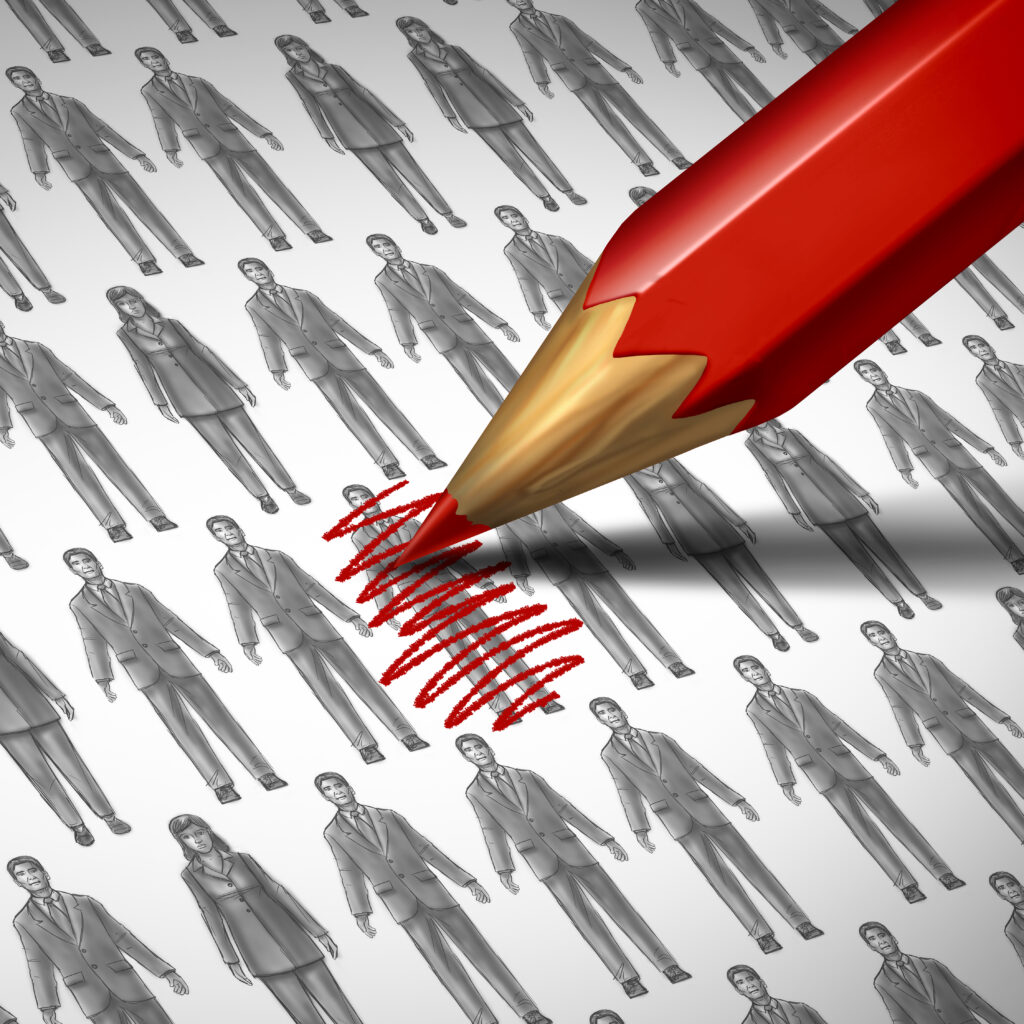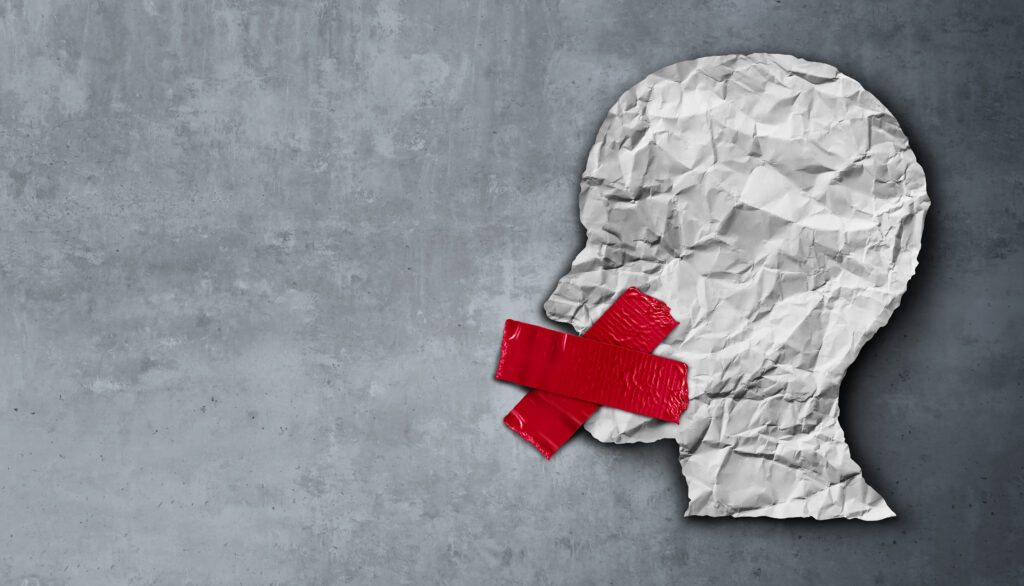In the past ten years, the words "cancel culture" might have reached your ears, particularly during the height of Covid-19 when it became somewhat of a pastime for some. But what exactly is cancel culture? Is it good or bad? And does it affect lawyers? It certainly does, but you might know it as defamation, libel, and slander. Let's dive in deeper to what exactly cancel culture is and what it means for you.
Now let's get into it!

What is cancel culture? Depending on who you ask, you might come away with a number of definitions to describe cancel culture. Some might view it favorably, describing it as a way to hold someone accountable for their unsavory past actions, sully their reputation, and put them on a sort of blacklist. Others will tell you it is a form of censorship and mob mentality that can destroy a person's career.
At its core, "canceling" is the act of calling someone out (usually on social media) for offensive behavior and then proceeding to boycott them. For example, one might refuse to go see a movie that a problematic actor is in, or shop at a store that has differing political views. Anything can be cancelled: a person, a business, a brand. Social media has helped fuel the expansion of this so-called "culture" and it continues to be mired in controversy. If one thing is for certain, it has many facets.
What are the pros? Cancel culture is complex and has certainly done its share of good. It has brought important conversations, such as the #MeToo movement and Black Lives Matter, to the forefront and singled out public figures who have gotten away with too much for too long. Canceling is embraced as a form of accountability that can bring about social change. Calling out offensive content is a way to confront the issue, hold people to higher standards, and serve as a warning for others who engage in harmful actions. It can even bolster a movement to see someone face justice in those cases the justice system has failed.
For those everyday citizens who might be cancelled for something much less than a major crime, it can be viewed as a teaching moment, if done respectfully. It's a chance for someone to learn from their mistakes and grow.
What are the cons? Unfortunately, canceling has gotten out of control and some take it too far as they chase the feeling of "delivering justice." Misinformation on the internet is rampant and an individual or a business could easily be "canceled" by nothing more than a single lie or a quote taken out of context, ruining their livelihood. Some are calling for history to be erased to "cancel" people who died hundreds of years ago. Others view canceling as the solution to minor disagreements. They would rather form a like-minded mob and commence public humiliation or use cyberbullying tactics rather than hold a civil discussion. Mobs will often pile onto someone before they even have all the facts, peppering them with insults or even death threats. They may even assign traits or values to the victim that they do not possess, warping their character to fit their narrative. Such a thing can be hazardous to one's mental health.
For some, cancel culture has become an unhealthy obsession. As soon as the spotlight shines on a new face, some people take it upon themselves to go digging through their online history for anything they can use against them. A stupid post they made in their youth suddenly turns into a weapon against them. However, people change and grow all the time. There's also the matter of free speech. Is it okay for society to play the role of prosecutor, judge, and jury through the medium of social media?

How does cancel culture affect lawyers? With cancel culture running rampant, defamation lawyers might find themselves with a lot on their plate. A client might want to sue for defamation of their business and have a negative review taken down. Or maybe they need assistance in lessening the damages and crafting an apology. It is essential to gather all the facts and get ahead of the narrative. If a client continues to engage with those trying to cancel them, it could further land them in hot water. Even sincere apologies will often be torn apart and used as further fuel for the fire.
Sometimes, no action is necessary. Time could be the solution instead of a court case. People will grow bored and move onto the next debacle if you give them nothing new to latch onto. If you feel this situation doesn't warrant a full-blown court case, advise your client there are other options, such waiting it out or sending a cease-and-desist to the person who created the original defamation post.
Don't forget, you can learn more about defamation in tomorrow's course!
How can it be improved? Cancel culture is not going away anytime soon and there is much that can be improved upon. "Think before you act" could not be more relevant here. People need to take time to gather the facts and understand context before jumping onto the cancel train. It would also be useful for everyone to analyze their own motivations for doing so and ask what will be gained through this course of action. Finally, throwing around hateful words is just fighting fire with fire. Building bridges will always get you farther than burning them, and that goes for many instances in life.


